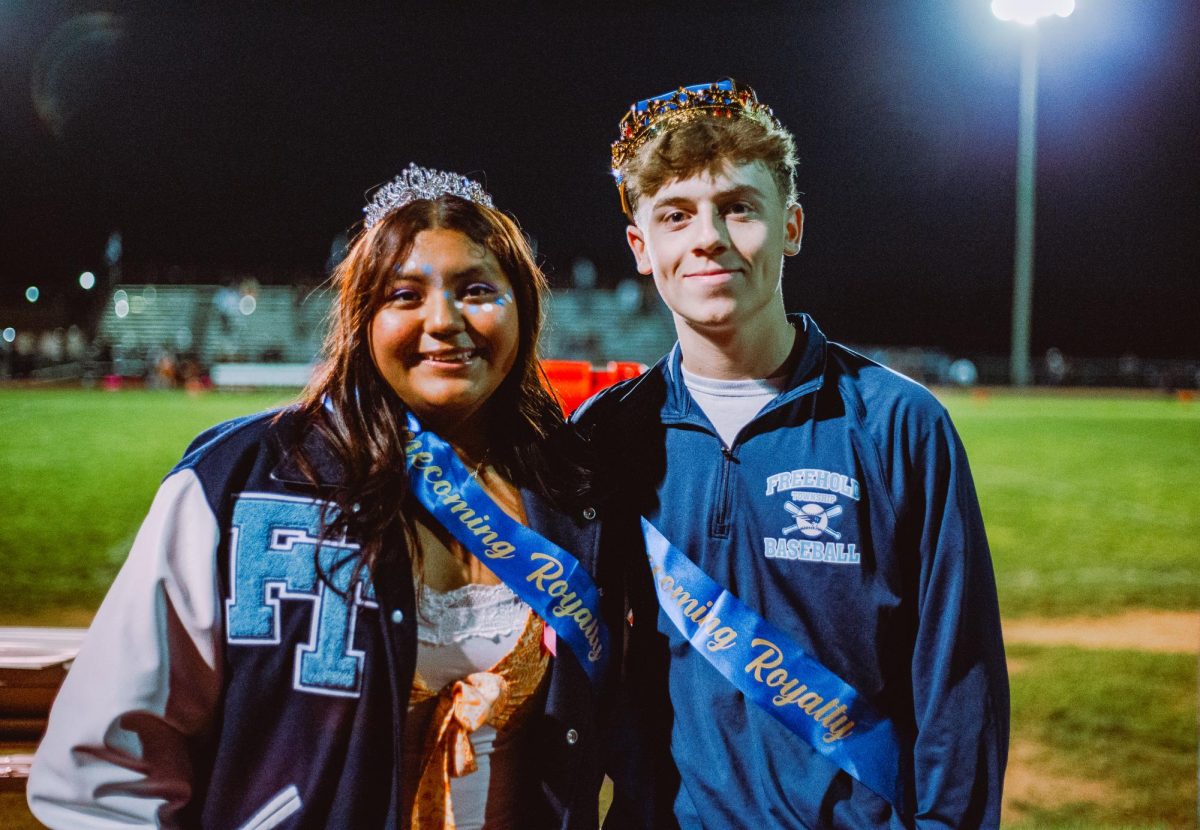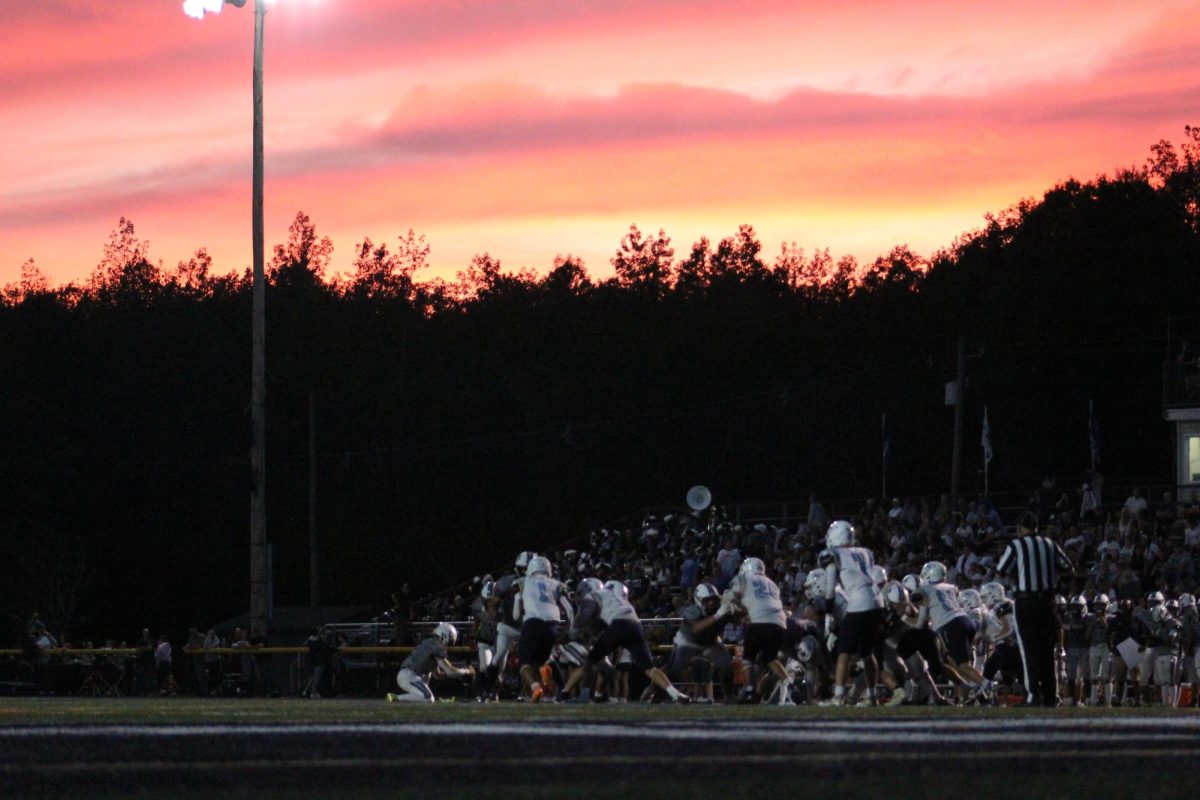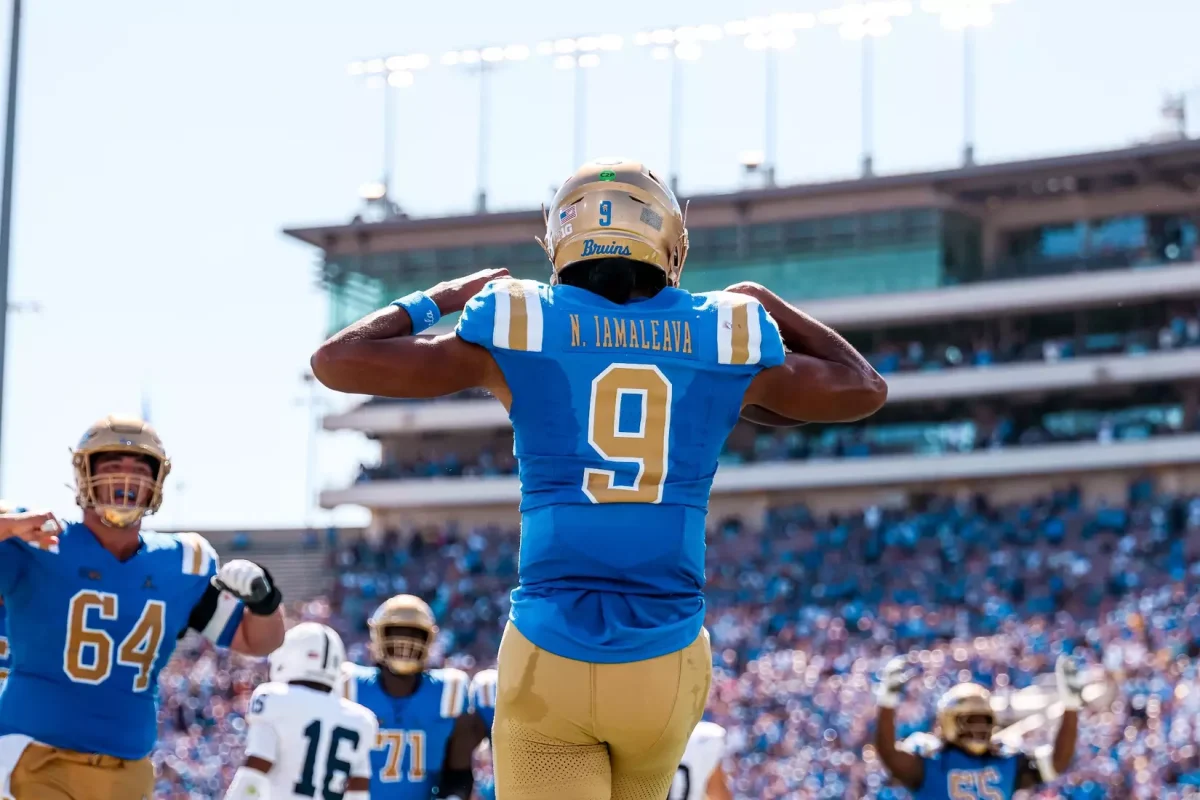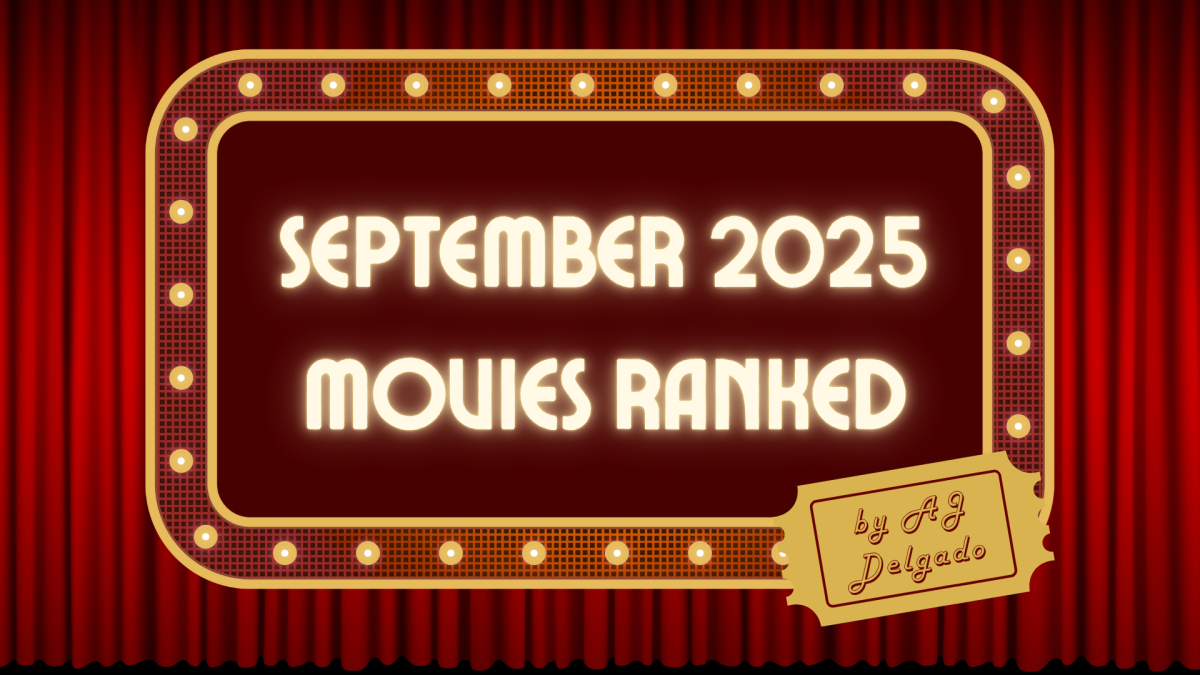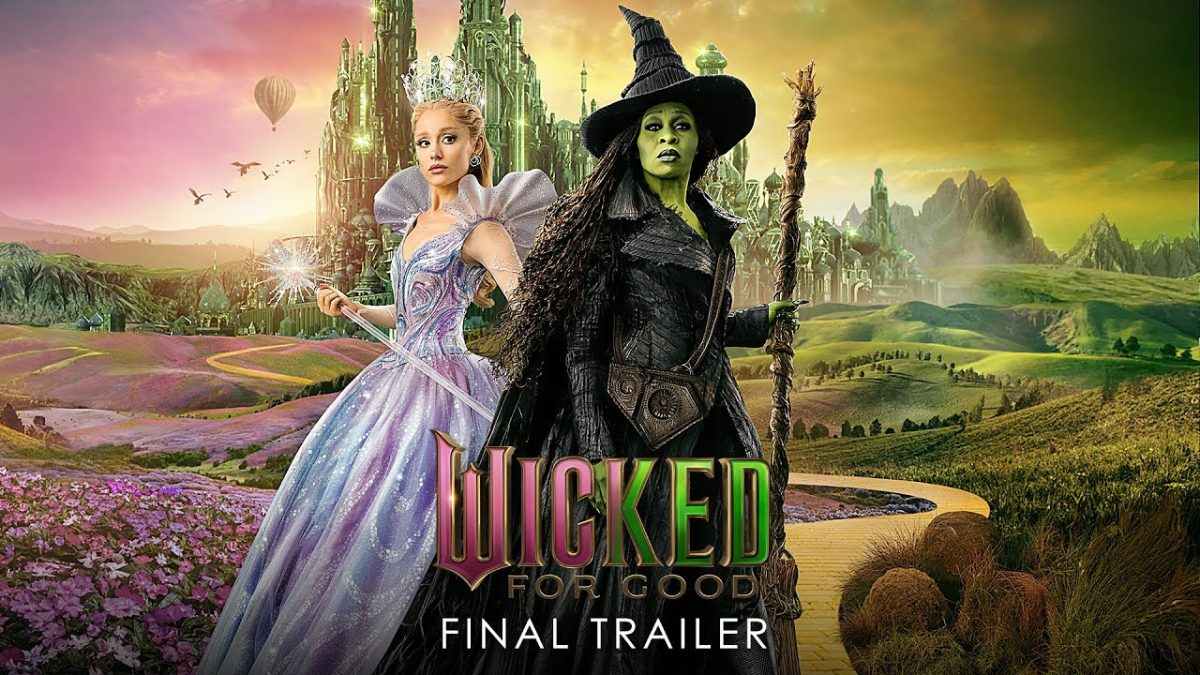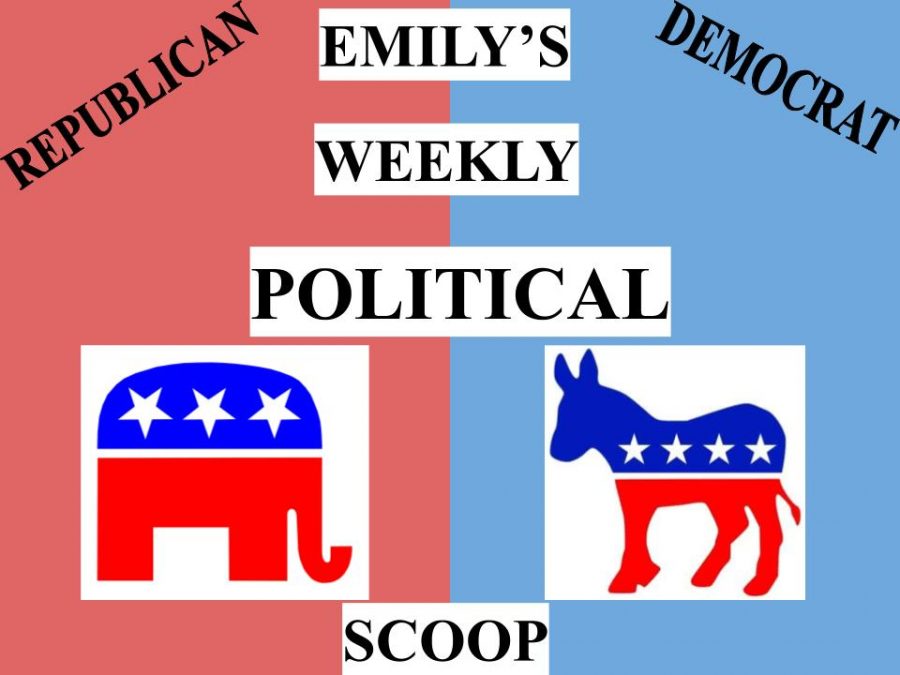Emily’s Weekly Political Scoop: The Blocking of the Democratic Voting Bill and Juneteenth Becoming a National Holiday
June 23, 2021
Looks like we have made it: the final political scoop of the school year. Rather than getting sappy, let’s get straight to business. A groundbreaking event has taken place in terms of the For the People Act, and a major day, and now national holiday, took place on June 19th known as Juneteeth.
NPR details how the Democratic For the People Act is a huge elective overhaul bill in order to protect and expand voting rights as well as to reform the campaign finance laws. It would expand voter registration access, vote-by-mail, early voting options, and election security while also creating an independent redistricting commission to deal with congressional redistricting and to form new rules for public officials. It has been in discussion for quite some time; however, the Senate’s procedural vote on Tuesday has stalled the process of progressing it to further debating. In order for the floor debate to open, the bill needed to receive 60 votes but it only got 50 with all Senate Democrats in support and all Senate Republicans opposed (Sprunt).
Before Tuesday, Democrats were aware that passing the bill through the Senate was not written in the stars as they needed a minimum of 10 Republicans to support it. On Tuesday morning, Senate Majority Leader Chuck Schumer was vocal of his opinion of what Republicans were trying to impose, stating that they have been purposely going against any way that younger, poorer, and nonwhite Americans could have accessibility to the ballot. He further expressed that Republicans were scared of what debating the legislation would present and that Democrats just wanted the chance to discuss it. On the other slide of the spectrum, Senate Minority Leader Mitch McConnell has promised to stop and end the legislation, making a statement on Tuesday afternoon expressing his opinion on the bill and how it is just an effort for the government to control the conduction of elections (Sprunt).
Paski, the White House press secretary, has been very clear about the vitality of a united Democratic front as she reminded everyone on Monday that there was talk of if Democrats would be aligned in opinions of the issue. She further expressed that the president will not give up the fight for the legislation as it has been a 60-year issue and will continue to be one until voting is accessible across America (Sprunt). However, BBC explains that some Democrats have expressed their frustration with President Biden’s lack of passionate campaign for the bill and with it’s legislative pause, the party has argued for radical measures in eliminating the filibuster (“Senate Republicans Block Democrats’ Election Bill”).
For background information, the United States Senate official website defines the Senate filibuster as the action/ tactic to prolong debate and, in this case, delay/ prevent a vote on a bill. In 1917, the Senate created a way to end debate and force a vote through a two-third majority to enact a procedure called cloture, ending the filibuster. In 1975, the Senate decided to make the cloture requirement three-fifths rather than two-thirds (“About Filibusters and Cloture”). Further, NPR explains what a “talking filibuster” is, defining it as having senators who wish to stall legislation to go on the Senate floor and speak (Sprunt).
Psaki alluded to getting rid of the legislative filibuster on Monday when mentioning how the path forward, if the bill procedural did not go in the Democrats favor (which it didn’t), would need to be refrigerated and discussed. NPR explained the ramifications of this action, detailing that it would require all 50 democrats and at least Manchin and Senator Krysten Sinemo of Arizona to support the bill. With the Democratic unsuccessfulness on Tuesday, senior advisor Tre Easton of Battle Born Collective presented the reality of the situation, calling out that Democratic officials must decide if they want a functional democracy or a filibuster and that the campaign promises being made are impossible with the filibuster. Overall, it would completely change the Senate rules and cause filibuster-prevented Democratic priorities to come to the forefront. (Sprunt).
Juneteenth, a historic and racially significant day where more than 250,000 enslaved black people became free. Although this crucial day goes unnoticed by most Americans, the African American community largely celebrates it as the US’s second Independence Day. The National Museum of African American History and Culture dives deep into the legacy and importance of June 19th, 1865. It all starts with January 1, 1863, where enslaved and free African Americans congregated all over America, anticipating the declaration that the Emancipation Proclamation had taken effect. At midnight, enslaved people in Confederate States were officially declared free and Union soldiers, many who were black, went on plantations and travelled to cities, spreading the news of freedom throughout the states; however, the Thirteenth Amendment was the only way that slavery ended in the U.S. through emancipation (“The Historical Legacy of Juneteenth”).
Despite the news outreach and the definite, legal emancipation of slaves, many were not instantly freed in Confederate states. The Emancipation Proclamation of 1863 was not put into effect in areas under Confederate control, delaying the process of freeing all enslaved people, specifically in Texas, until half way through 1865. On June 19th, the Union army travelled to Galveston Bay, Texas and announced the freedom of 250,000 enslaved black people, explaining the importance of Juneteenth. Further, the Reconstruction age after emancipation resulted in newly freed people seeking the reunification of families, establishing schools to receive proper education, running for political office, pushing radical legislation, and suing slaveholders which showcased the inspiration and influx in power in African Americans to alter their stance in America. Overall, Juneteenth represents such newfound independence and maintaining hope despite circumstances (“The Historical Legacy of Juneteenth”).
After a century and multitude of decades, Juneteenth has officially been recognized as a national holiday via President Biden on Thursday according to NPR. Vice President Harris, the first Asian-American and Black person to serve as Vice President, expressed the significance of declaring it as a national holiday and how although we have come far, we have much more of a distance to go and it is time to showcase the need for change through action (Wise).
I hope you were able to learn more about the state of America right now and learn more about Juneteenth. Instead of closing out with the usual “come back next week” spiel, I’m going to go with a more appropriate and accurate phrase: have a great summer and continue to keep up with the news!
Works Cited
“About Filibusters and Cloture.” U.S. Senate: About Filibusters and Cloture, 24 Mar. 2021,
www.senate.gov/about/powers-procedures/filibusters-cloture.htm.
“The Historical Legacy of Juneteenth.” National Museum of African American History and
Culture, 16 June 2021, nmaahc.si.edu/blog-post/historical-legacy-juneteenth.
“Senate Republicans Block Democrats’ Election Bill.” BBC News, BBC, 23 June 2021,
www.bbc.com/news/world-us-canada-57570587.
Sprunt, Barbara. “Senate Republicans Block Democrats’ Sweeping Voting Rights Legislation.”
NPR, NPR, 23 June 2021,
www.npr.org/2021/06/22/1008737806/democrats-sweeping-voting-rights-legislation-is-
eaded-for-failure-in-the-senate.
Wise, Alana. “Juneteenth Is Now A Federal Holiday.” NPR, NPR, 17 June 2021,
www.npr.org/2021/06/17/1007602290/biden-and-harris-will-speak-at-the-bill-signing-m
king-juneteenth-a-federal-holi.









